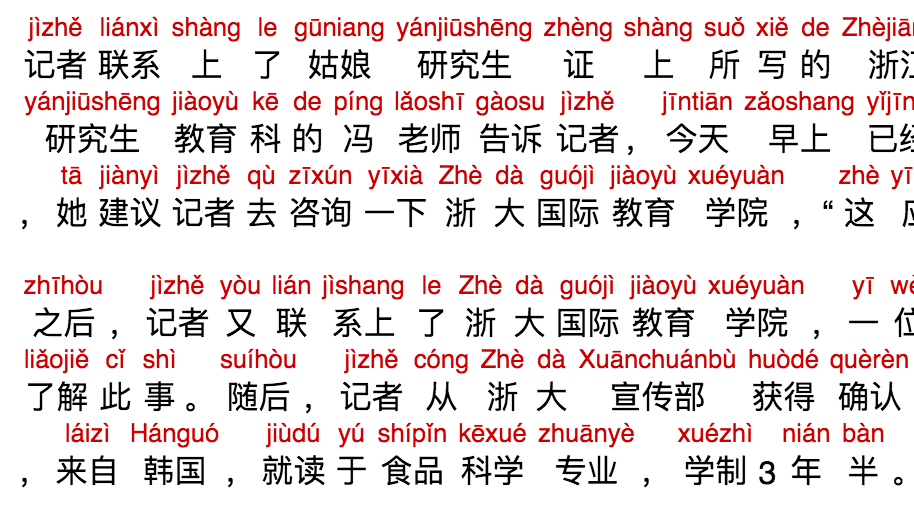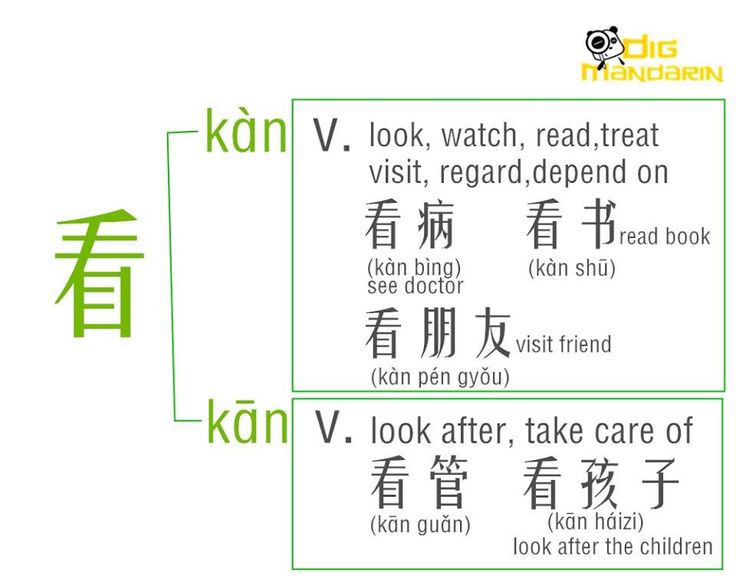
Ways to remember Chinese words – Various useful methods
Ways to Remember Chinese Words: Unlocking Various Useful Methods Learning a new language can be both exciting and challenging, and when it comes to mastering Chinese, you might find yourself facing a unique set of hurdles. The characters, tones, and vocabulary can seem daunting at first, but fear not! In this article, we will explore […]
Ways to Remember Chinese Words: Unlocking Various Useful Methods
Learning a new language can be both exciting and challenging, and when it comes to mastering Chinese, you might find yourself facing a unique set of hurdles. The characters, tones, and vocabulary can seem daunting at first, but fear not! In this article, we will explore various useful methods to help you remember Chinese words effectively. By the end, you’ll have a toolkit of techniques that can make your language learning journey more manageable and enjoyable.
The Power of Context

One of the most effective ways to remember Chinese words is by putting them into context. Just like in your native language, words become easier to remember when they have a purpose. Start by using new words in sentences or short stories. By connecting them to situations and emotions, you create mental hooks that make retention much easier.
For example, if you’re learning the Chinese word for “apple” (苹果 – píngguǒ), imagine yourself biting into a crisp, juicy apple. Visualizing the fruit and associating it with the word helps embed it in your memory.
Mnemonics: Your Memory’s Best Friend

Mnemonics are powerful memory aids. These are techniques that help you remember information through associations. In the context of learning Chinese, you can create vivid mental images or stories that link a word’s meaning or pronunciation to something familiar.
Imagine you want to remember the Chinese word for “bird” (鸟 – niǎo). Picture a colorful bird soaring through the sky, and say the word aloud as you do. This visual and auditory association will make the word stick in your mind.
Flashcards and Spaced Repetition

Flashcards are a classic tool for language learners. Create flashcards with the Chinese character or word on one side and the English translation or pronunciation on the other. You can use physical flashcards or digital apps designed for this purpose. One of the advantages of digital flashcards is the integration of spaced repetition algorithms, which help you review words at the optimal intervals for retention.
Practice Writing by Hand

The physical act of writing Chinese characters can significantly enhance your memory. Grab a notebook and practice writing the characters you’re learning. Pay attention to stroke order and repetition. The motor skills involved in writing will reinforce your memory and help you recognize characters more easily.
Engage in Conversations

Speaking and listening are crucial aspects of language learning. Find language exchange partners or join online forums where you can converse with native speakers. Engaging in conversations not only exposes you to new vocabulary but also provides you with real-life context for using the words you’ve learned.
Immerse Yourself in Chinese Media
Watching Chinese TV shows, movies, or listening to music can be an enjoyable way to reinforce your language skills. Subtitles can help you connect spoken words with their written forms. As you watch and listen, try to pick out words you’ve learned, and you’ll find them easier to remember when they appear in different contexts.
Use Language Learning Apps
In today’s digital age, language learning apps are abundant and incredibly useful. Apps like Duolingo, Rosetta Stone, and Memrise offer interactive lessons and exercises tailored to your proficiency level. They also track your progress, which can be motivating as you see your language skills improve over time.
Consistency Is Key
Consistency is crucial when learning any language, and Chinese is no exception. Dedicate a set amount of time each day to practice and review what you’ve learned. Small, regular efforts are more effective than sporadic, intensive cramming sessions.
Seek Out a Tutor or Language School
If you’re serious about mastering Chinese, consider enrolling in a language school or hiring a tutor. Personalized guidance can accelerate your progress and help you overcome specific challenges you might encounter along the way.
KCT FAQs: Your Language Learning Companion
Q1: How long does it take to become fluent in Chinese?
A1: The time it takes to become fluent in Chinese varies from person to person. On average, it can take around 2-3 years of dedicated study and practice to achieve fluency. However, remember that language learning is an ongoing journey, and fluency is a continuous process.
Q2: Should I focus on speaking or reading Chinese characters first?
A2: It’s a good idea to balance both speaking and reading skills. Start with basic conversational skills to build a foundation, and gradually incorporate character recognition and writing into your learning routine.
Q3: Are there any shortcuts to learning Chinese characters?
A3: While there are no true shortcuts, using mnemonic techniques, flashcards, and consistent practice can significantly speed up the process of learning Chinese characters.
Remember, the key to success in learning Chinese, or any language, lies in persistence, practice, and using a variety of methods that work best for you. Embrace the journey, and before you know it, you’ll find yourself confidently using Chinese words in various contexts.
key words
- learn chinese
- how to say i love you in chinese
- how to say hello in chinese mandarin
- Thank you in Chinese 2024







